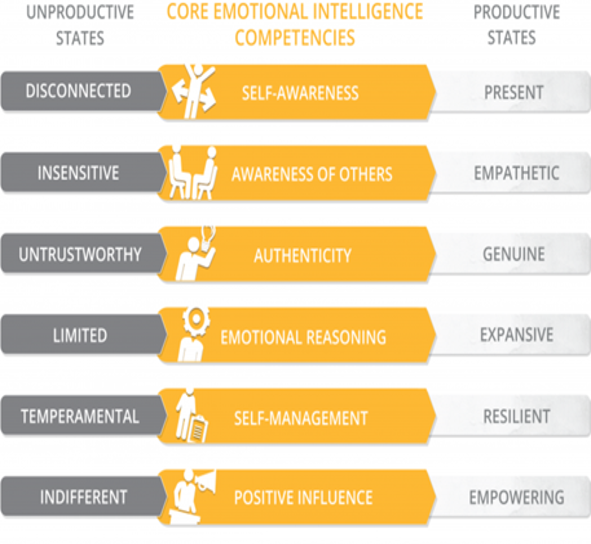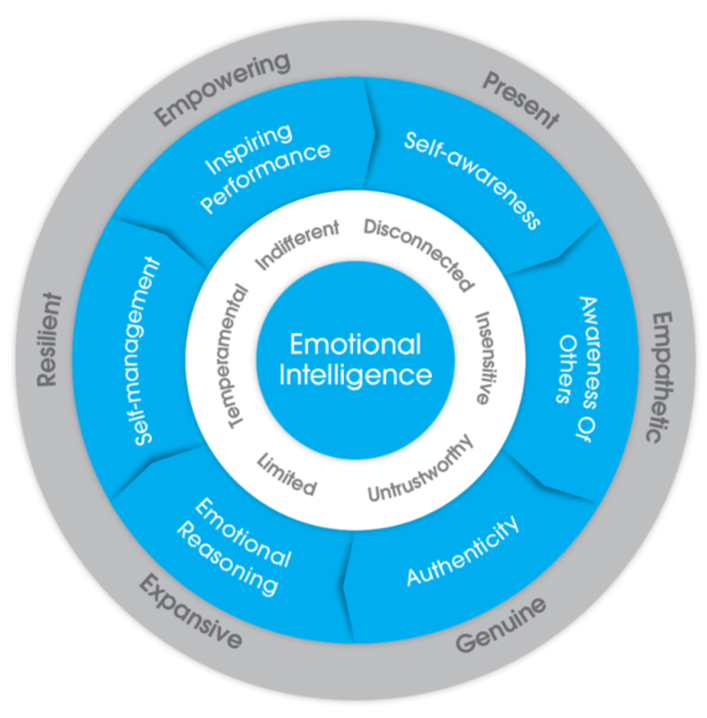Overview
The digital age has created a customer base that has an abundance of information at their fingertips. Today, the buyer is well informed about products and services. They know what we’ve got to sell, what our products and services do and don’t do, and how products and services compare with other like products and services in the market. As a result, great sales teams know that what’s most important to buyer decisions and loyalty is your understanding of their needs, the relationship you forge with them, and the emotional experience you generate. What underpins your capacity to forge relationships and positive emotional experiences with buyers is your Emotional Intelligence.
How This Assessment Helps
Provides insight into how important it is that you demonstrate emotionally intelligent workplace behaviour. Insight into how well you currently demonstrate emotionally intelligent workplace behaviour. Practical tips on how to obtain additional feedback. Salespeople high in emotional intelligence are able to reflect on their own emotions and adjust them to best fit with the buyer and situation they are dealing with them in. They can anticipate and plan sales interactions to help ensure the buyer feels valued and confident in dealing with them. Salespeople with high emotional intelligence are more capable of regulating their own emotions, adapting, and influencing the emotions of buyers in a subtle way that brings about positive interactions. Buyers purchase based on emotion and justify their choice with logic. Today buyers are able to justify their decisions online and elsewhere without any input at all from salespeople. It’s the connection you make, how well you work through their objections, and how confident you help make them feel that helps you make the initial sale. How well you deliver on your promises, maintain the relationship and help the buyer navigate internal disagreements that help keep them loyal. Emotional intelligence is the critical competency underpinning all this.
What The Assessment Measures
- Self-Awareness – your capacity to identify your own emotions and be aware of the impact they are having on your decisions and behaviour.
- Awareness of Others – your capacity to perceive and understand the emotions of buyers. This capacity helps salespeople read the non-verbal emotional behaviour of buyers and adapt their presentation accordingly (from informal to formal, for example).
- Authenticity – your capacity to effectively express how you feel and facilitate authentic dialogue with buyers.
- Emotional Reasoning – your capacity to use emotional data gathered from Self-awareness and Awareness of Others and combine it with other objective information when decision-making in sales calls.
- Self-Management – your capacity to effectively regulate and manage your emotions. Sales generate considerable emotion, particularly disruptive emotions like stress, uncertainty, impatience and over-confidence.
- Positive Influence – your capacity to positively influence the emotions of buyers. Buying products and services is high stakes and this pressure can create heightened emotions in buyers.
Reports Available
The Emotionally Intelligent Sales Behaviour Self Report
This report will provide you with insight into how important it is that you demonstrate emotionally intelligent workplace behaviour. Insight into how well you currently demonstrate emotionally intelligent workplace behaviour. Practical tips on how to obtain additional feedback from others on your emotional intelligence and how to effectively respond to it.
Administration
An assessment link is sent via email to the candidate. The assessment takes 25 minutes to complete. The results are sent to the manager on completion.
Need More Information?
Email: moreinfo@powerassessments.com
Call: +27 82 685 8896






